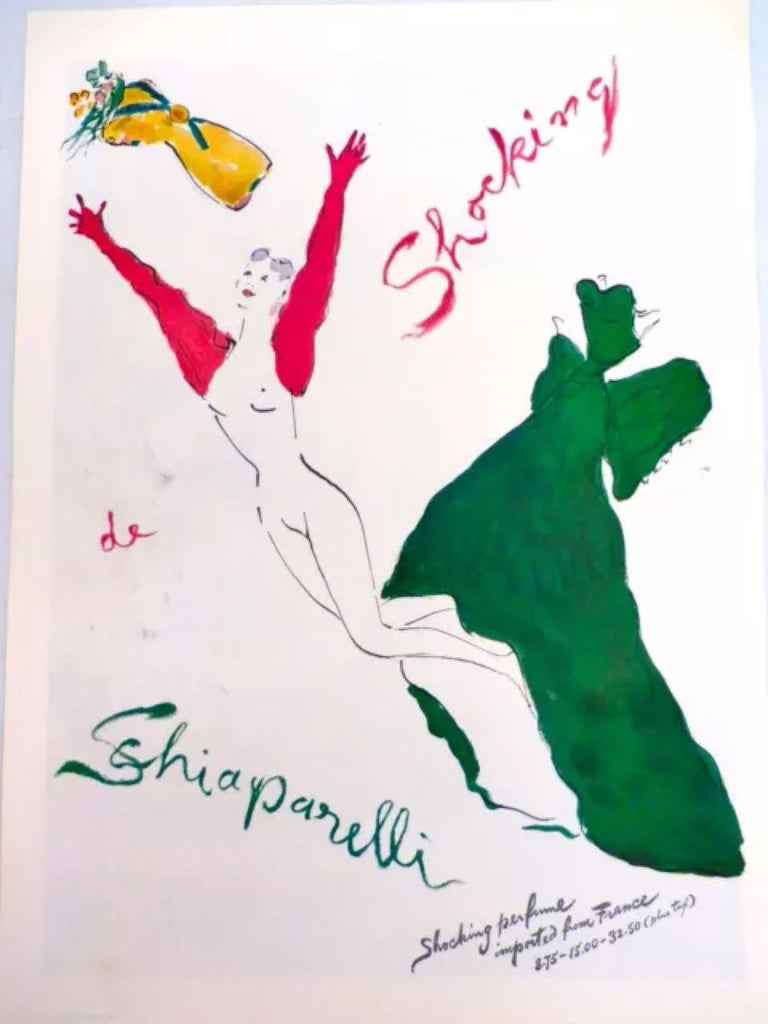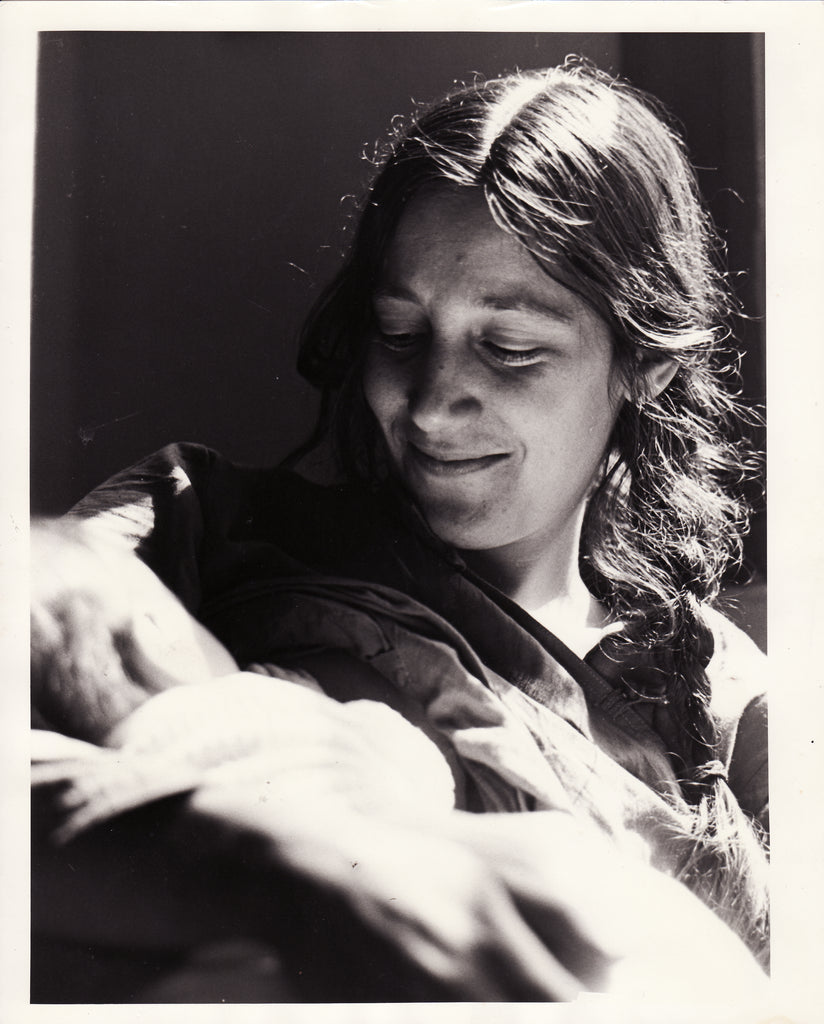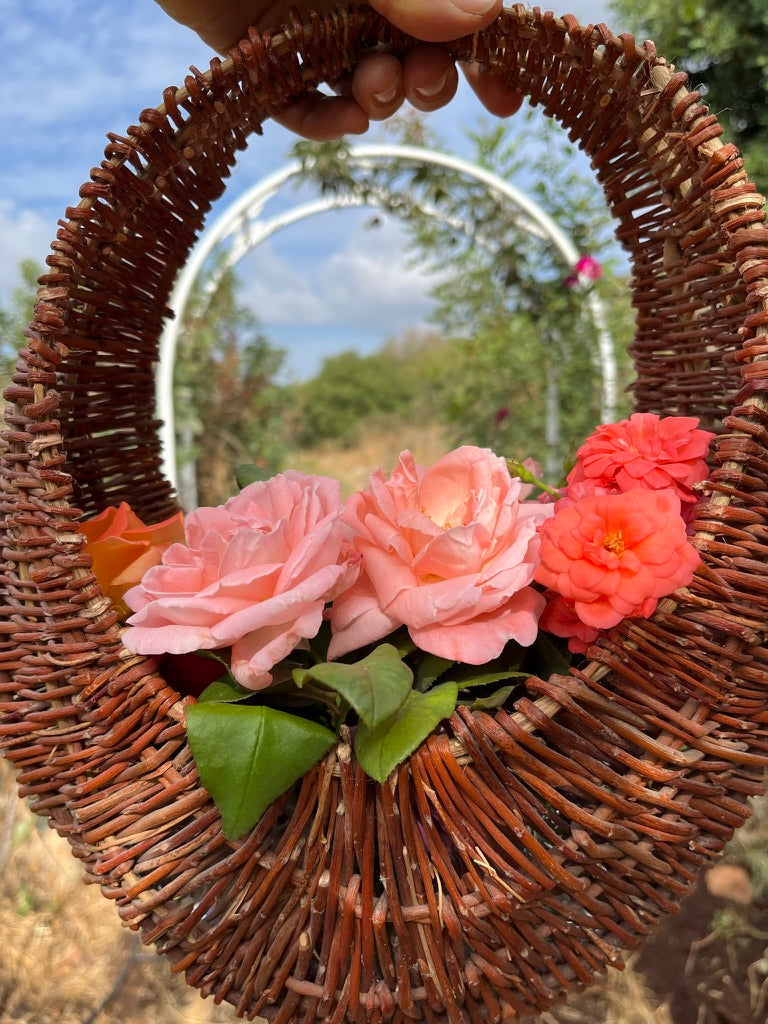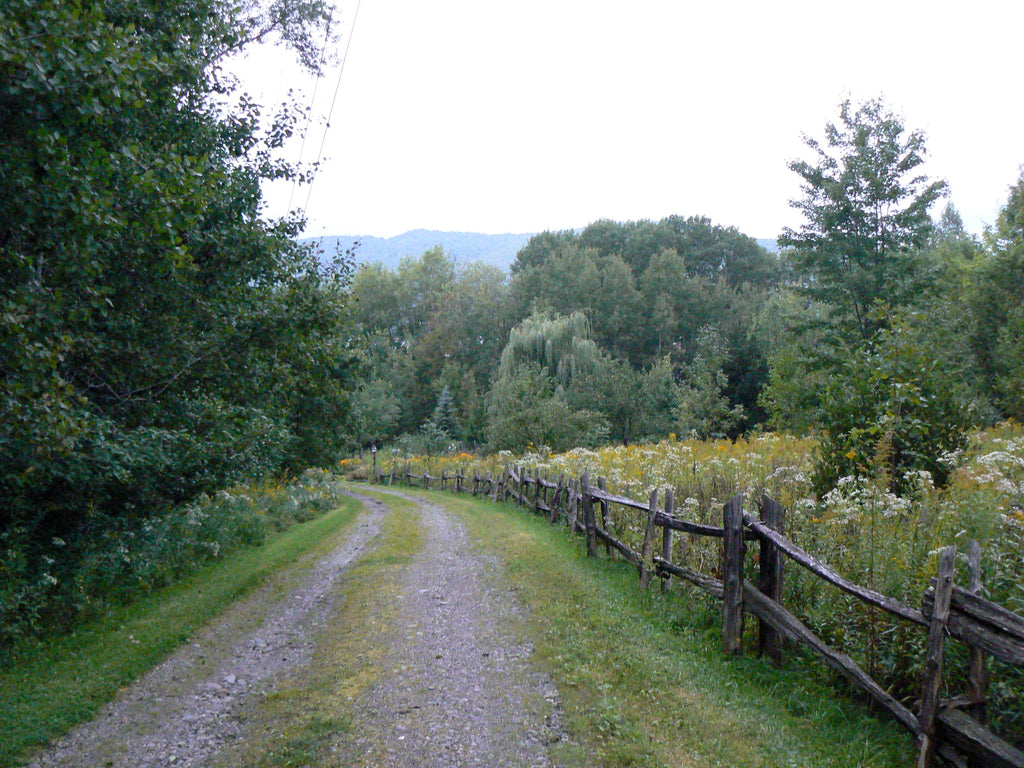I was sitting in my rose garden during the early afternoon hours of October 7th, 2023. It was an especially beautiful autumn day, quiet, sunny and warm but not too hot. Just the way I like it. The roses were in full bloom. They too enjoy sunlight without excess heat. We were just about to complete a few weeks of the Jewish high holidays. All of which were unusually quiet — without any loud party noises from the neighbouring Arab villages, with the customary gunshots-in-the-air that accompany any celebration in those communities, about as mandatory as serving generous platters of food and turning the music all the way up to eleven so that all the villages around could hear. There was none of that. That alone should have been suspicious, but I simply chose to enjoy it instead of reading into it.
At some point that Saturday afternoon, I checked my village women’s WhatsApp community and all of a sudden messages about war in the South started emerging. There was a sense of panic in them, but I ignored them as rumours, because I checked the news and there was absolutely nothing about it. Everything seemed so out of touch with the reality around me: beautiful garden, quiet, peaceful and festive atmosphere, sun, birds chirping… I even had the blind insensitive insolence to tell my neighbours not to get caught in fear by the rumours, and simply be in the moment and in touch with what’s real: earth, air, sun, garden… a little later I walked to the synagogue, there were already people who knew more than I did but didn’t say much more than that their sons or husbands were called for reserve duty in the army. Yet, everything still seemed normal. I think people didn’t want to upset anyone in the synagogue so there was not much conversation about it.
It wasn’t till the evening, that I went to visit a friend and she told me the magnitude of what was happening. Still happening. Whole villages and towns taken over by ISIS-Hamas terrorists. Entire families taken hostage or gone missing, babies burnt alive. She said they were more cruel than the Nazis, and had other things to tell, but I asked her not to tell me. I was still in denial, but it started sinking in.
I’m just an average Israeli, who this war relatively didn’t really affect, but knows so many people whose lives are forever changed by that dark day. Israel is a very small country, and we are all connected, with strongly knit communities. In a sense, we are all part of the same family or tribe if you will, even though there are many differences even among the Jewish population, many sub-cultures, including but not limited to religious beliefs and affiliations and degree of religiosity (in Israel there are not only Jews but also other ethnic and religious groups, including Christians of various denominations, including the indigenous Assyrian and Maroon communities that speak Aramaic, as well as Druze, Bedouins Suni Muslims, Adyghe AKA Circassian and Bahai’i); Mizrahi and Ashkenazi Jews of many cultural backgrounds, political leanings and opinions, etc. there are many connections and no such community lives in a vacuum. Partly because of the obligatory military service, that makes all those people train shoulder to shoulder and spend 2-3 years of their youth in close quarters with all the different types of Israelis that exists. And partly because most of us are Jewish, and have our thousands of years of standing up together to face antisemitic violence, and instinctively knowing that sticking together saves and protects us.
My sister-in-law grew up in the Western Negev desert, the region that is now called “Gaza Envelope” due to the constant shelling and rocket attacks it has suffered from Gaza since 2006. Her family was trapped in their home for the whole day, with the terrorists trying to infiltrate their kibbutzim (they are from Yad Mordechai and Carmia) and by pure luck or serendipity, their kibbutz community guards and security team were able to push away and prevent from accomplishing carnage within. Fortunately, her parents were abroad at the time. And also, they live in Ashqelon, which while in the south and always suffers lots of rockets from Gaza, it was spared the attacks not from lack of trying, but because eventually the IDF and the Police were able to stop the terrorists from continuing to concur and massacre more towns and villages within Israel.
My sister-in-law spent the whole day communicating with her family on the phone, by the end of which she looked traumatized and depleted of all life force, as if she was personally there herself. Two or three days after the attack, she fled our village with my three nieces and joined her family from the South in a supposedly safer part of the country. So did my other brother with his wife, two kids and a newborn baby, who was just a week old when the war began. Like them were 80% of my village, which is located a mere 12km from the Lebanese border. In the first weeks and months of war, we were all prepared to get attacked here similarly by Hezbollah, Iran’s proxy militia based in Lebanon, which started launching rockets on all of the Northern parts of Israel since October 8th, and hasn’t stopped since. Every day there are terrorists infiltration of the border-fence which is damaged in multiple spots. And while all of the villages and towns within 0-4km from the border were ordered to evacuate, many fled and left the region (or even the country) from fear of this terror of October 7th repeating itself in the North, only with a much stronger and more equipped and even better funded militia.
Another childhood friend of my sister-in-law, whom I love dearly, lost both parents Raffi and Orit (who is one of my classmates in an online course of visual journaling) on that day, and her brother, Itai Svirsky was taken hostage and brutally murdered in captivity by Hamas after releasing a torturing video of him, Noa Argamani and Yossi Sharabi.
My aunt’s friends from Kfar Aza, Aviva and Keith Siegel (both in their 60s), were taken hostage too. Aviva was returned home as part of the hostage deal that took place in November, but Keith is still there, for 148 days. If you do a quick search online you will hear about the horrible conditions they were kept, how the men and the young women were all sexually abused and assaulted in captivity, including her husband.
The elderly parents of a neighbour from my village are Nurit and Amram Cooper, both in their 80s. They were brutally kidnapped from Nir Oz on October 7th. Thankfully, Nurit was one of the first hostages released on October 23rd along with Yocheved Lifshitz. From the moment all the hostages were taken, their families worked hard on finding a way to pass medical care for them, knowing that this may be a very long ordeal. Many of the hostages were disabled, elderly and chronically ill, requiring daily prescription medications. The families diligently produced a detailed list of the medications and doses they need, and gathered the medications. At the beginning of the war, I tried to help them reach out to several humanitarian aid organizations which you’d typically expect to step in and help out hostages in the midst of conflicts. International Red Cross, Doctors Without Borders, and we were even creative enough to approach organizations that specialize in sending aid to Gaza. They were all unhelpful or unresponsive at best, cowardly offering absolutely nothing. The later unravelling of UNWRA’s affiliation with Hamas makes me suspicious that they are neither humanitarian nor neutral, and that either their operations in Gaza is controlled by Hamas, or that they are simply antisemitic and very hostile towards Israelis with no goodwill. The fact that Doctors Without Border’s facebook page is entirely in Arabic now, is another pointer to that direction. And of course, approaching the Palestinian aid organizations was a very naive move, as they couldn’t care less for the our hostages well being. on the contrary: they are more than likely relishing in their suffering.
My neighbour from Kfar Vradim, Romi Gonen (23), was taken hostage from the Nova festival and not returned in that deal either. She was last reported with a badly injured arm, and last time she was seen, her fingers were changing colours and not in a good way. I pray every day that she and the other 16 women still kept hostage are returned alive and well and are able to get treated for the sexual assaults that many of them have suffered, and most likely are still suffering. There is a very real and frightening reality that many of them may be returning pregnant (some of the female hostages that came back home had to undergo abortions and are struggling with serious mental health issues, none of which is published in the media).
At least two youth from my village were at the Nova festival as well, and thankfully have manage to escape the hell just in the nick of time. Perhaps unwounded physically, but mentally it will be forever burnt in their psyche. One of them has fled with his parents and siblings to Australia to run away from it all and receive the care he needs away from the war zone that Israel has become.
On a more personal and direct level: I live up north, very close to the Lebanese border, but not close enough to warrant evacuation, which was the destiny of around 100,000 civilians from the north of the country, and another 150,000 from the South. I’m one who is not considered affected by this war directly. I still live in my house. We hardly had any direct attacks on our village (only three, sirens sounded so far (ah-hum, four since I started writing this piece), which meant we had to go into a bunker or a shelter, or the most safe place we can find). Scary moments, but nothing comparing to what my friends and family from the South had to endure for years, even before the massacre of October 7th. All businesses were pretty much shut down and stopped frozen in time since that day, as thousands of people had to go on reserve duty in the army to protect us. Many families are operating with only one parent for five months now (correction: six, this piece was really painful to put on paper).
Today is April 7th, 2024. If I was still married to my daughter’s dad we would be celebrating 30 years of marriage today. Instead, we’re mourning six month of being frozen in time in that horrific day of the October 7th massacre. This was essentially like experiencing a day in the holocaust, with more than 1,200 Israeli people murdered brutally in their beds or while dancing in a music festival till dawn. As a nation, these have been horrible six months, where all life revolves around security issues and an imminent threat to our safety and mere existence in our homeland. The constant feeling of love for my people and the amazing country we've built here, despite the constant threat of hostile neighbours wanting to come and ruin it all with burning hatred. Unfortunately for them, our love from within is stronger than their hate, and the more they want to kick us out of here, the deeper into this earth our roots grow.






